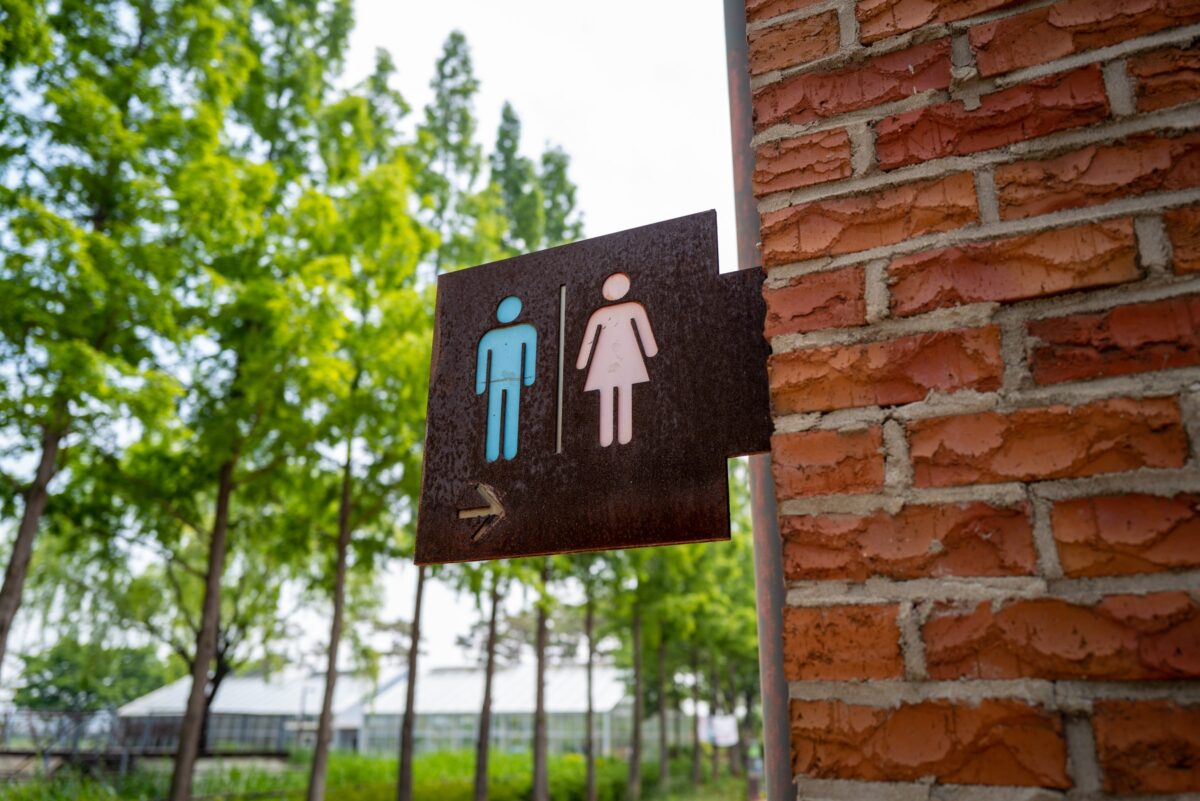Players of Scrabble should reconsider their strategy because 300 new words are on the horizon, including some much anticipated beauties like OK and ew.
The sixth edition of “The Official Scrabble Players Dictionary” was released by Merriam-Webster on Monday, four years after the previous revision. After interviewing rival players who believed it may be too controversial, the business decided against including one option that was under consideration for a hot minute — RBI — at the request of Scrabble’s owner Hasbro Inc. Since RBI has developed into a real word that is pronounced rib-ee, there was a questionable argument to be made.
But that’s OK because, “OK.”
OK is something Scrabble players have been waiting for, for a long time, said lexicographer Peter Sokolowski, editor at large at Merriam-Webster. Basically two- and three-letter words are the lifeblood of the game.
More good news can be found in qapik, which adds to a collection of 20 playable words starting with q that don’t require a u. Despite the fact that Scrabble players don’t really care about definitions, qapik is an Azerbaijani currency.
Every time there’s a word with q and no u, it’s a big deal, Sokolowski said. Most of these are obscure.
A few sweet scorers, like bizjet, and some miraculous vowel dumps, like the Italian rice-filled balls known as arancini, are now available for use. On the first play, the word “bizjet,” which refers to a small plane used for business, would be awarded a whopping 120 points, but only if it is capitalized as an s. This is as a result of the double word bonus space that is typically played at the beginning and the 50-point bonus for using all seven tiles.
According to Sokolowski, the North American Scrabble Players Association was consulted by the Springfield, Massachusetts-based dictionary business when revising the book “to make sure that they agree these words are desirable.”
Among the new terms, Sokolowski has a favorite—but not especially for Scrabble purposes. He identified it as a macaron, a delicate French sandwich cookie with a variety of tastes and fillings.
I just like what it means, he said.
The first official Scrabble dictionary was published in 1976 by Merriam-Webster. Before that, it was required by the game’s rules to consult any desk dictionary. Every four to eight years, an official dictionary has been revised, according to Sokolowski.
According to a wordsmith’s perspective, Sokolowski also appreciates other fresh additions.
I think ew is interesting because it expresses something new about what we’re seeing in language, which is to say that we are now incorporating more of what you might call transcribed speech. Sounds like ew or mm-hmm, or other things like coulda or kinda. Traditionally, they were not in the dictionary but because so much of our communication is texting and social media that is written language, we are finding more transcribed speech and getting a new group of spellings for the dictionary, he said.
Like ew, the interjection yowza is now in use, and some people might have assumed that the word zen was already acceptable.
Around Scrabble boards, there is frequently discussion about which foreign words have been assimilated into English to the point where they are playable. Say hello to schneid, another newcomer of German ancestry. The phrase “losing streak” is used in sports. Other foreign words like bibimbap, cotija, and sriracha have been added because they primarily no longer need linguistic white gloves like italics or quotation marks.
Alfred Mosher Butts, an unemployed architect in Poughkeepsie, New York, invented Scrabble in 1933 under a different name, and it wasn’t until 1948 that the game’s current name was officially registered as a trademark. According to legend, the game’s popularity increased in the early 1950s after the president of Macy’s came upon it while on vacation.
Nowadays, there are more than 100,000 words in the official dictionary. Aquafaba, beatdown, zomboid, twerk, sheeple, wayback, bokeh, botnet, emoji, facepalm, frowny, hivemind, puggle, and nubber are additional new words that Sokolowski shared.




